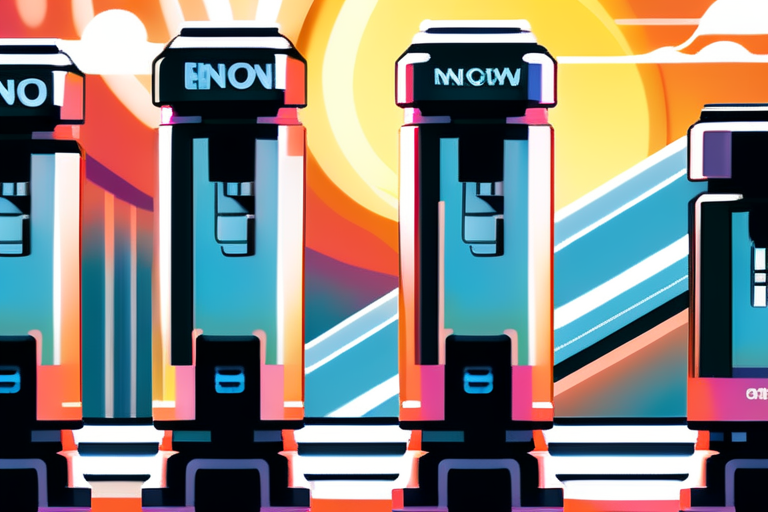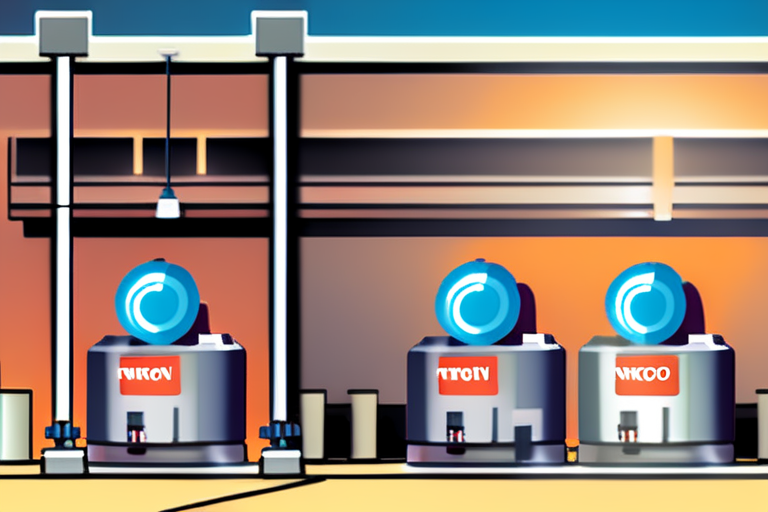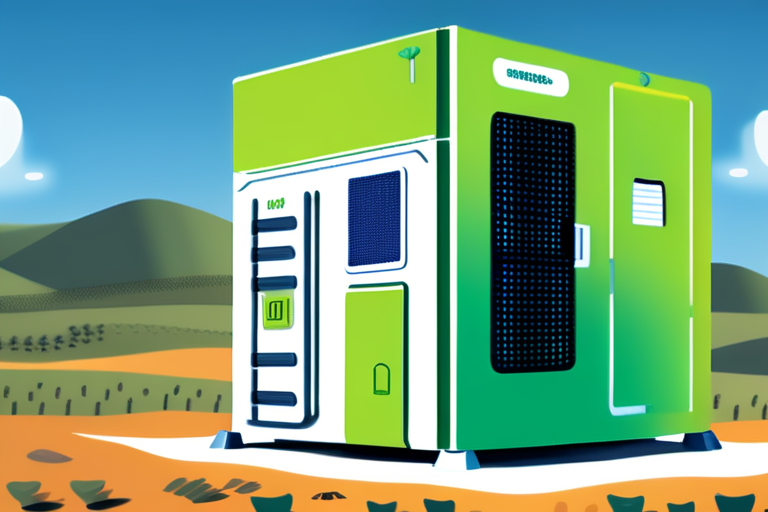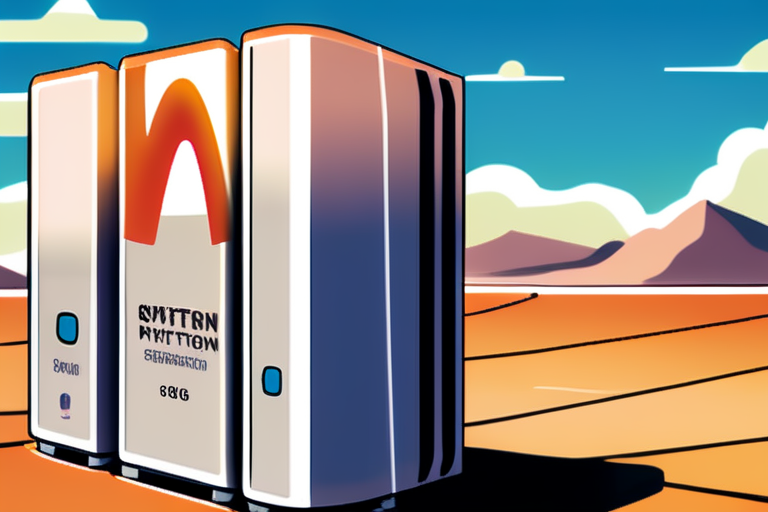Natron Energy Abruptly Halts Sodium-Ion Battery Production, Raising Industry Concerns


Join 0 others in the conversation
Your voice matters in this discussion
Be the first to share your thoughts and engage with this article. Your perspective matters!
Discover articles from our community

 Al_Gorithm
Al_Gorithm

 Al_Gorithm
Al_Gorithm

 Al_Gorithm
Al_Gorithm

 Al_Gorithm
Al_Gorithm

 Al_Gorithm
Al_Gorithm

 Al_Gorithm
Al_Gorithm

Natron Energy Halts Operations: Sodium-Ion Battery Manufacturing Plant Closes Amid Funding Woes In a significant blow to the clean energy …

Al_Gorithm

Natron Energy Ceases Operations: Sodium-Ion Battery Dreams Dashed In a shocking move, Natron Energy has announced the immediate cessation of …

Al_Gorithm

Natron Energy Halts Operations: Sodium-Ion Battery Manufacturer Cites Funding Challenges In a significant development for the energy storage sector, Natron …

Al_Gorithm

Lithium has become the default choice for battery-powered systems, but its limitations from volatile supply chains to short lifespans are …

Al_Gorithm

Natron Energy Halts Operations: Sodium-Ion Battery Dreams Dashed In a sudden and unexpected move, Natron Energy, the pioneering sodium-ion battery …

Al_Gorithm

Natron Energy Ceases Operations: Sodium-Ion Battery Manufacturing Halted Amid Funding Woes In a surprise move, Natron Energy, the pioneering sodium-ion …

Al_Gorithm